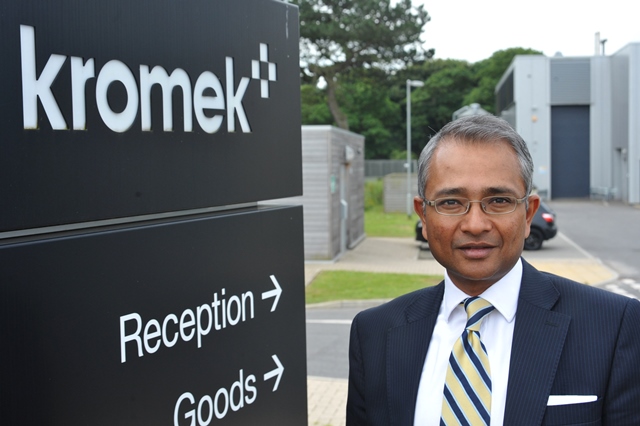HORIBA MIRA awarded second phase of UGV Autonomy research project

The project, 'UGV Localisation and Perception using Deep Learning Neural Networks’, develops vision-based localisation and perception technology to enable UGVs to operate effectively in challenging environments.
Using computer vision cameras and deep learning neural networks, this is a novel application of Artificial Intelligence (AI) and machine learning in the defence sector. The use of AI ensures that the system is tolerant to the changing conditions and dynamic environments often experienced by military platforms, both manned and unmanned.
As part of the project, HORIBA MIRA is developing a way to ensure that UGVs have an alternative solution in place as a fail-safe if GPS signals are lost. Current autonomous systems rely on the Global Positioning System (GPS) and Global Navigation Satellite Systems (GNSS), however these systems can be vulnerable to jamming and interference and hence can lack the robustness required for autonomous driving in certain military contexts.
Phase Two of the project will improve the system performance and sensing capability as well as produce an advanced prototype that can be easily integrated into a wide range of existing systems. The system could be used either to complement GPS or as an alternative to it. The technology continues to be developed using HORIBA MIRA’s specialised, off-road UGV proving ground and will undergo further development trials off site during 2017.
Andrew Maloney, Chief Engineer for Defence Solutions at HORIBA MIRA, said: “The technology that we are developing enables a breakthrough in autonomy, meaning that our vehicles can start to understand their surroundings and no longer be reliant on off-board systems such as GPS.
“Winning the second phase of the project means we can improve the core technology and take the system to new environments where it hasn’t been before to assess its ability to navigate and drive them autonomously. The Defence and Security Accelerator’s involvement and support with this project has been essential in helping us realise the concept and also to maximise the future benefits to the UK Defence sector.”
The first phase of the project was completed earlier in 2016, culminating in the demonstration of a proof of concept system using HORIBA MIRA’s Modular Autonomous Control Equipment (MACE) research vehicle. The final Phase One milestone demonstrated that the MACE research vehicle, fitted with the proof of concept system, was not only able to navigate and localise but also to drive autonomously without GPS.
The Defence and Security Accelerator is part of the Defence Science and Technology Laboratory.












